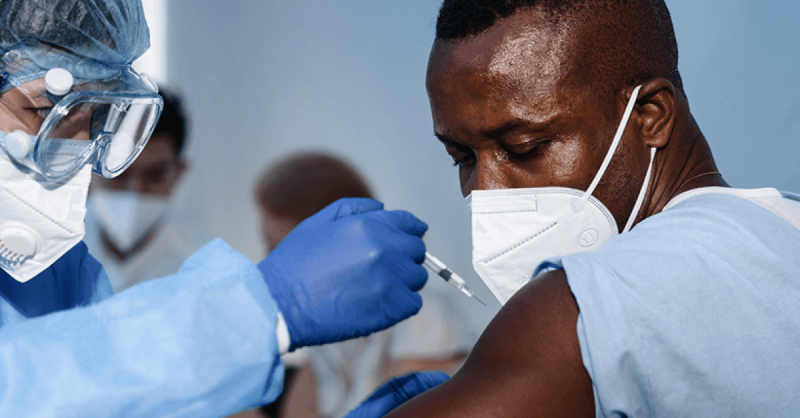Long COVID was less likely to occur in healthcare workers who had received two or three mRNA COVID-19 vaccine doses compared with those who weren’t vaccinated, an observational study in Italy showed.
Among hospital workers infected with SARS-CoV-2, long COVID prevalence was 41.8% for those who were unvaccinated, 30% with one vaccine dose, 17.4% with two doses, and 16% with three doses, according to Maria Rescigno, PhD, of Humanitas Research Hospital in Milan, Italy, and co-authors.
“Long COVID can happen even among vaccinated individuals and can affect nearly every organ system,” observed Ziyad Al-Aly, MD, of Washington University in St. Louis, who wasn’t involved with the research.
“Everyone is at risk,” Al-Aly told MedPage Today. “The most optimal strategy is to avoid infection or reinfection in the first place.”
“We cannot rely on vaccination as a sole mitigation; we must develop additional layers of protection to prevent and treat long COVID,” said Al-Aly, who led a recent study that showed a 15% reduction in incident long COVID among U.S. veterans after vaccination.”This is very important and should be a national priority.”
































